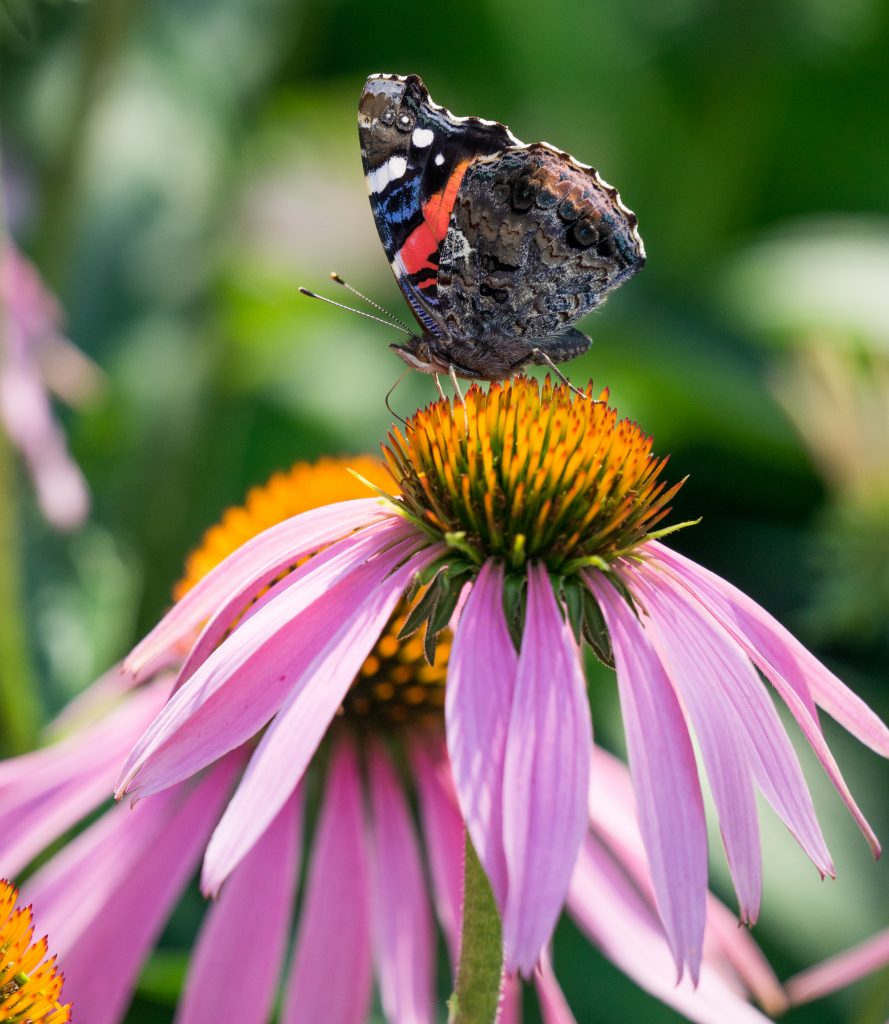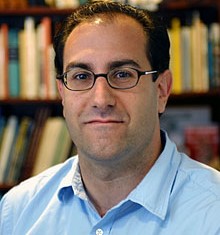Organization-wide, CMBG is constantly working toward sustainability and a closed-loop system of production and recycling—meaning we build it and grow it, then recycle it or compost it, a concept gardeners know well!
Michael Marr, CMBG’s Facilities/Groundskeeper & Sustainability Coordinator, grew up with a vegetable garden and chickens. “We typically had a static-type pile of composting materials each year and alternated crops like pumpkins, squash, and cukes to each pile.” That early education stuck with him, and as an adult he took a land trust course on composting and, in his words, “got the bug.” Since then, he became certified through the state cooperative extension for site startups, “and here I am! A geek who keeps on looking on ways to turn stuff into groceries!”
And we’re grateful he is! Led by Michael, the Gardens has initiated several sustainability practices, such as a recycling program that includes mixed paper, plastic, glass, and metal containers. An E-waste program securely recycles computer waste, batteries, and other equipment, and we actively compost, reusing food and plant matter waste. Windfall trees and those sustainably harvested for the health of the forest are repurposed as wood chips for our walking trails. Funds received from returnable containers are used in-house to help further fund sustainability project purchases such as electric equipment for mowing, cutting, and trimming.
Similarly, our horticulture staff is no stranger to recycling. Besides composting and growing/reproducing as many plants on-site as possible, Grower Dan Robarts built a potting bench for the Gardens’ greenhouse out of used pallets and old boards, and instead of buying big, stainless steel plant tables, he put some together out of materials at hand—cinderblocks topped by pallets scrounged from the loading dock. Using leftover steel from the Butterfly House, old bulb crates, and more pallets, he and Andy Brand, Curator of Living Connections, made cold frames. Pots are reused, washed and sterilized every year ensuring many, many generations of use out of them.
“We’re doing a lot,” says Michael, “but we can always do more—and I have a wish-list.” An ambitious list it may be, but Michael isn’t our Sustainability Coordinator for nothing!

